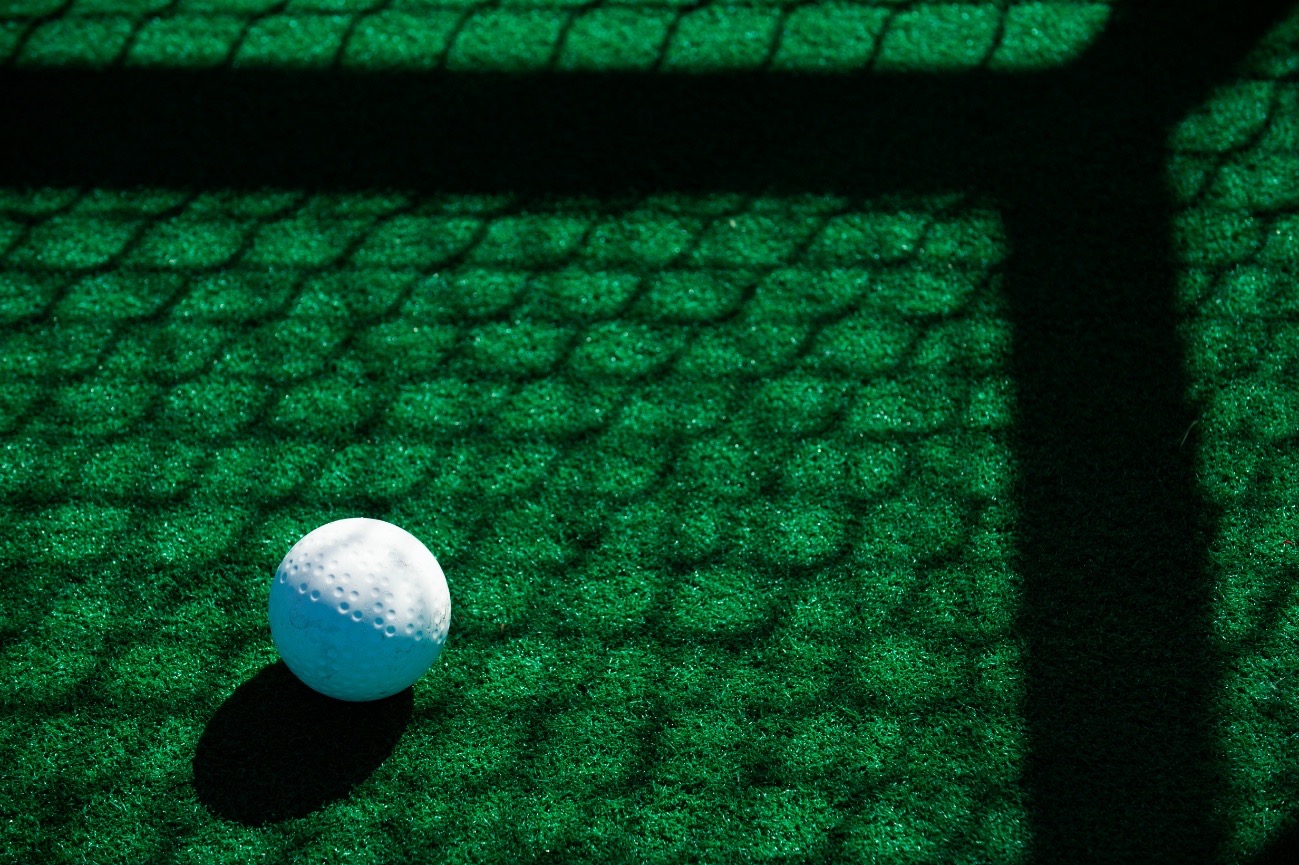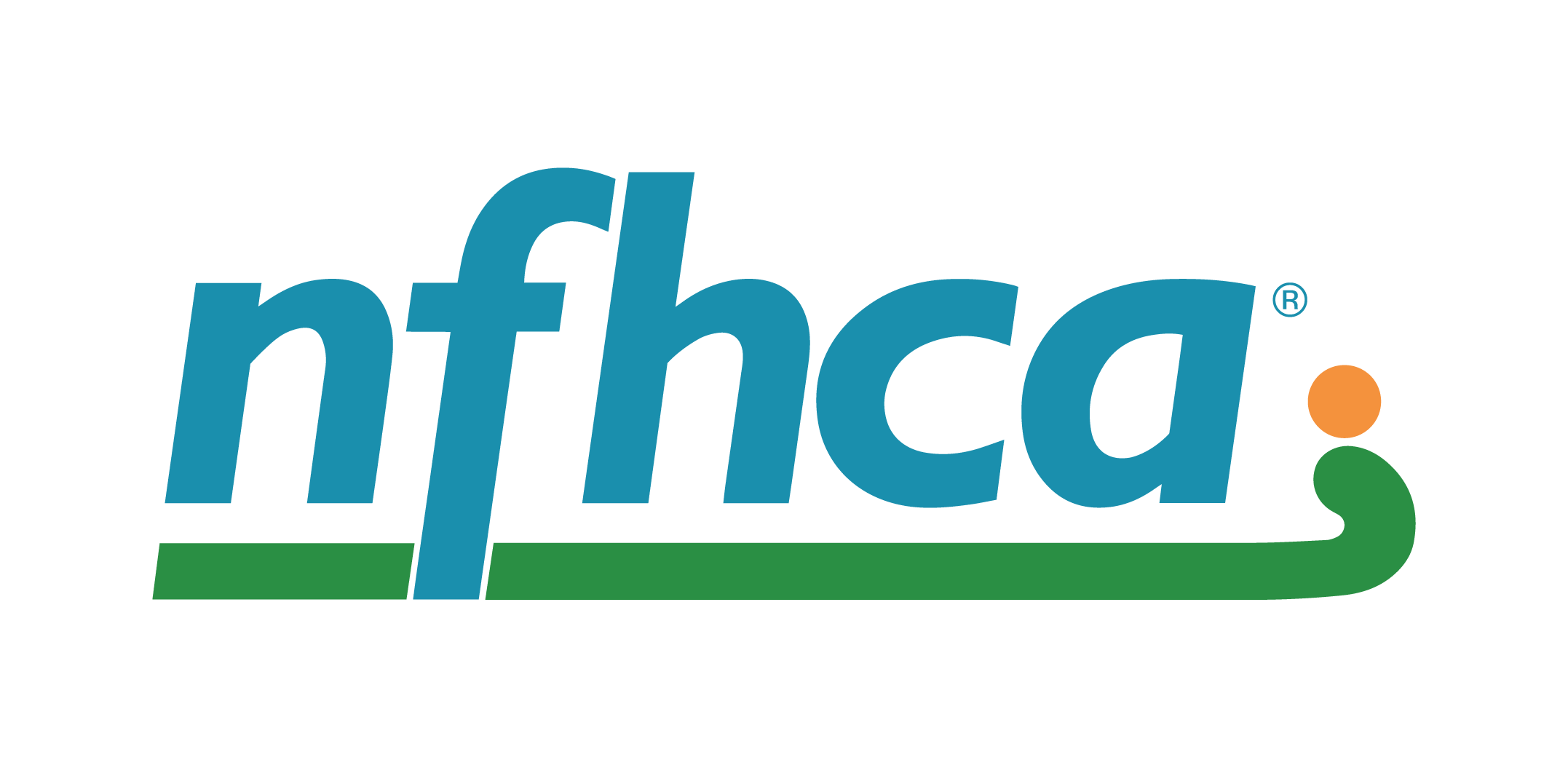Mental Fitness = Accountability + Expectation with Compassion
December 7, 2022 /2022-2023 Blog

By Lynn Hennighausen, Katie Kilty, and Samantha Arsenault Livingstone, WholeHealth Sport
Over the past three years, we have heard loud and clear that mental health challenges in athletes are pervasive and knowing where to start feels overwhelming. Creating and maintaining a culture of mental well-being does not mean being soft or letting things go. Mental fitness means accountability + expectation with compassion. Supporting mental well-being supports performance and excellence.
While it can feel overwhelming to think about addressing athlete well-being as “one more thing on my already packed plate,” it is about learning how to respond to what’s already there. As coaches, you are the frontline. You create the environment for athletes to learn and grow. You are the teacher, encourager, supporter, and direct link to creating a climate of well-being on your team.
In his book, Do Hard Things, Steve Magness, a performance scientist who coaches Olympic athletes, discusses how toughness has long been held as the key to overcoming a challenge and achieving greatness – a model based on fear and in hiding any sign of weakness. He says this traditional model of toughness fails us as humans and challenges us to consider the science of toughness – that experiencing discomfort, leaning in, paying attention, and creating space to take thoughtful action can be the true indications of cultivating inner strength; where resilience, persistence, and confidence under pressure truly exist.
Look, we all have mental health – five out of five of us. Just like our physical health, there will be times we will navigate mental health challenges. We know that more than one in five young people (and post-COVID closer to one in three) are experiencing a diagnosable mental illness. Fifty percent go untreated. And if you are a college coach, just ten percent of those athletes will tell you.
When an athlete is navigating a challenging space, many coaches feel unsure about how to show up – wondering “What do I say? Is it even my job? What if I say the wrong thing and make it worse? When I’m already so buried with work, how am I supposed to find the time? What if their parents are challenging and/or unsupportive?”
We have your back.
Here are three things you can do today to empower athletes – and boost your own well-being in the process.
- Normalize Integrating Mental Wellbeing into Practice and Competitions
Make mental well-being as much a part of the practice and conversation as physical well-being. First, start each practice with a reset. Resets are deliberate, short-term breaks in our attention and thinking used to create space for transitioning from where we just came from to where we are. In other words, it’s a wonderful way for us to be where our feet are – on the field – versus being distracted by all of the things that just happened, that need to be finished, what someone just said, or what we are going to do next. Resets help us recognize that we are finishing one task before jumping into the next, which is great for our brains, managing levels of stress and feelings of overwhelm.
At the completion of the reset, ask athletes what they are feeling at that moment building emotional literacy. Most of us can only identify three basic emotions: happy, sad, and mad. It is important that we expand our vocabulary of emotions so that we can better identify what emotions they are feeling at that moment. As humans, we feel several emotions at once which is helpful to recognize because we can be both tired from classes and excited about practice at the same time. The power of the pause is that it teaches us to create space between stimulus and response, the foundation of emotional literacy and mental well-being. Adding reset check-ins at the start of practice encourages athletes (and coaches) to consider the state of their emotional and physical well-being as they prepare for practice and competition. The idea here is to allow athletes and coaches to acknowledge what they are feeling and then choose what to do with those feelings in showing up for practice.
- Notice Changes in Behavior and Learn How to Approach
This critical next step helps you to become equipped noticers who have the confidence in knowing what to say and where to turn. This is different from evaluating performance. When an athlete is navigating a challenging mental health space, many coaches feel unsure about how to show up, wondering: “I’m not sure what to say. How to say it? What if they get overly emotional in front of me? Are they angry with me? What if I say the wrong thing and make it worse? Can I trust what they are saying?”
Since you have already created a foundation for these conversations by using the resets and check-ins, the approach will feel more natural. In Mental Health First Aid, we teach a five-step action plan (acronym ALGEE) that’s used in both crisis and non-crisis situations. The “A” represents approach; how you approach an athlete matters. It’s one of the skills we introduce inside the MHFA training and cultivate more deeply inside the WholeHealth Sport Nation communities. Openings like, “I’ve noticed,” “I’m curious about” and “I’m wondering” can be helpful.
- Cultivate Curiosity, Listen to Learn, and Put Down Judgment
So often, we become trapped by ‘rightness.’ Our instinct to believe we are right closes us off to the ways we may not be. When we ‘listen to win’ and ‘listen to fix,’ we’re assuming we’re right. ‘Listening to learn’ is listening to understand, to know more, and to surface what we don’t know, which requires us to acknowledge we don’t have all the answers. “Tell me more” and “Help me understand” are effective places to start and continue the conversation.
Normalize struggle and encourage skill building. Regardless of what level you’re coaching, if athletes are striving for excellence, they are going to bump up against challenges – internally and externally. You don’t have to have all the answers to step into this space. Normalizing struggle isn’t an excuse to slack off, rather, it’s an invitation to take greater ownership. Support might look like asking an athlete what tools they already have when bumping up against a challenge and sharing some of yours. It’s important to remember that you, too, are human. This work isn’t about showing up perfectly or saying the “right thing;” it’s about growing our own skill set so we can better support the athletes in front of us. There are going to be times we fall short; how we meet ourselves in those moments offers us a chance to model what ownership, accountability, and growth look like.
Hoping to see you at the NFHCA Annual Convention where we’ll be exhibitors and presenters. Check out WholeHealth Sport and consider taking a Mental Health First Aid training! There are options for you to sign up yourself. We’re happy to provide private courses for you and your colleagues.
Let’s do this.
To register for an upcoming training or learn more about our offerings, head over to https://www.wholehealthsport.com/.
About the Authors
WholeHealth Sport was founded by three professionals who are dedicated to changing the narrative on mental wellbeing. We go beyond checking the box. We believe that to change the narrative, we need to not only increase awareness of mental health challenges but to provide a dedicated space for on-going skill development, sharing best practices, creating a network of support, all encouraging a culture of mental wellbeing in organizations. We walk alongside you as you build skills and confidence to proactively engage and intentionally respond in navigating the challenges we face as humans striving for excellence.
WholeHealth Sport is comprised of Lynn Hennighausen, M.S. National Trainer for MHFA; Katie Kilty, Ed.D. Educator and Well-being and Performance Psychology Expert; Samantha Arsenault Livingstone, M.Ed./Olympic Gold Medalist, Educator and High-Performance Consultant.
NFHCA Blog Disclaimer
All content on this blog is for informational purposes only and should not be interpreted as a substitute for professional mental health help. The NFHCA recognizes that the accuracy of the content and opinions in this blog may change over time. The blog site may contain links to other websites or content belonging to or originating from third parties. Such external links are not monitored or endorsed by the NFHCA and the NFHCA does not control such external websites or their content. The NFHCA will not be held responsible for the content of any message from external websites or contributing authors.
The National Field Hockey Coaches Association (NFHCA) is a nonprofit organization serving field hockey coaches and supporters of the game from across the United States. The mission of the organization is to champion, strengthen, and celebrate field hockey coaches and the game. The NFHCA strives to cultivate and recognize the professional contributions of its membership and to foster and promote the growth of the sport. The NFHCA is responsible for providing a recognizable presence and voice in regard to legislation affecting the sport as well as interscholastic and intercollegiate programs.
